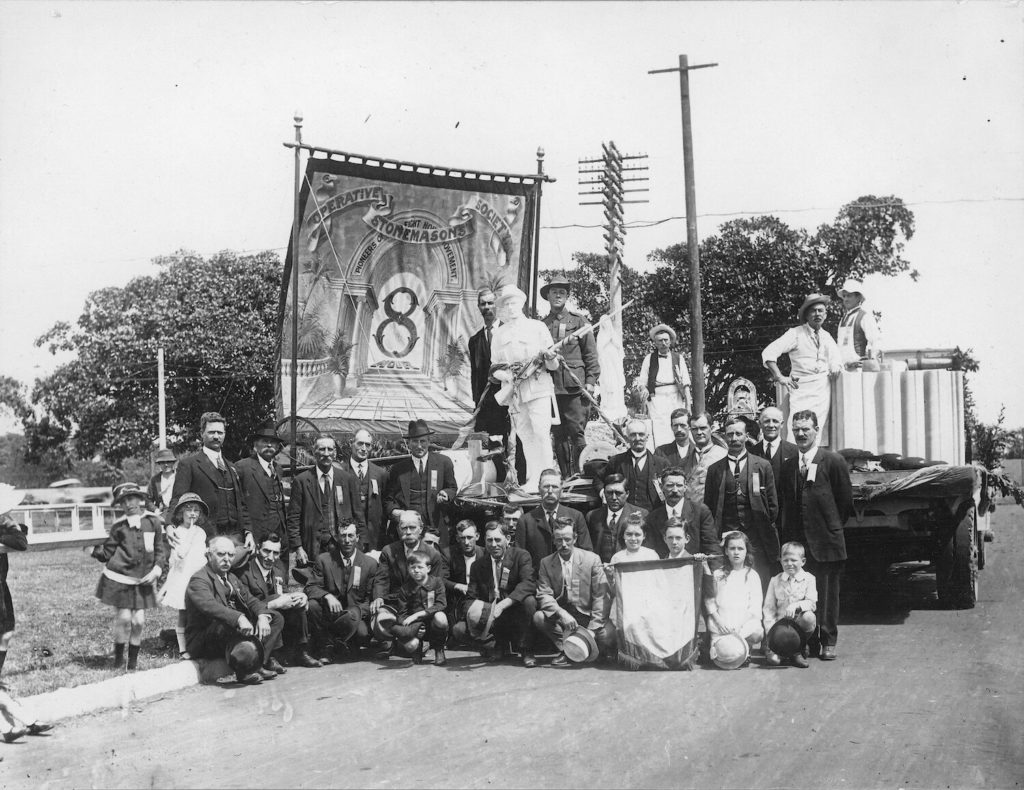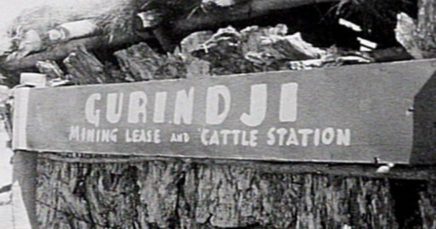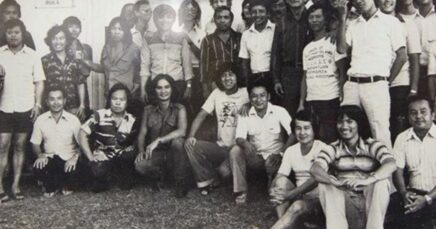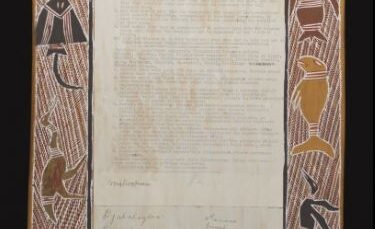
On 21 April in 1856, building workers in Melbourne took strike action and won the eight-hour day as a general industry standard.
It was the first time in the world workers had won the eight-hour day across an industry with no reduction in pay.
In the 1850s large numbers of migrants came to Australia because of the immense wealth of the gold rush.
Many of the stone masons who came to Australia because of the boom of these years had previously been activists in the radical British workers movement known as Chartism.
They brought traditions of activism down under, and helped found new workers’ organisations like the Stonemasons Society.
On this day in Melbourne Stonemasons working on the law faculty buildings at Melbourne University walked off the job to demand the eight hour day across the entire industry with no reduction in pay.
They marched through the city to join the masons building the new parliament house on Spring street.
Employers were aghast – how could profits be assured if workers toiled for less than ten hours a day?
But the Stonemasons insisted that workers had a right to decent rest and some recreation. Our lives, they argued, should not just be about the work we do.
They didn’t wait for anyone to give them this right, they got together, organised, and took action. They won it.
It was an international benchmark – a defining victory that we have celebrated proudly ever since.



